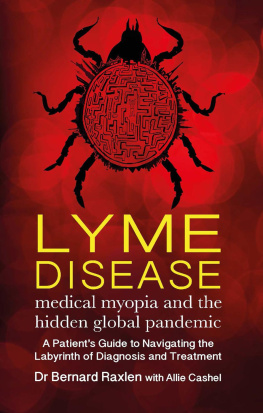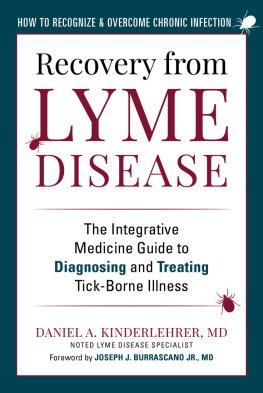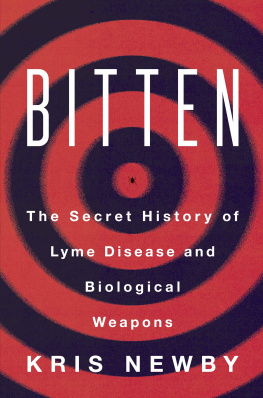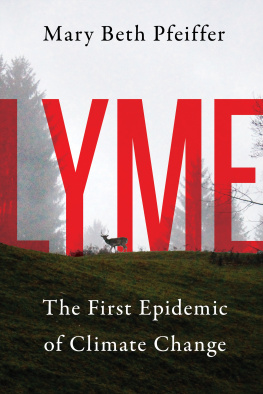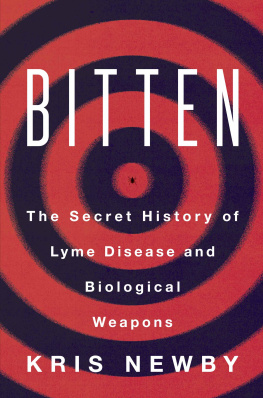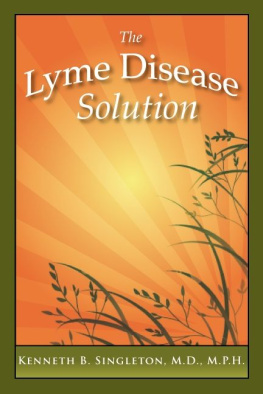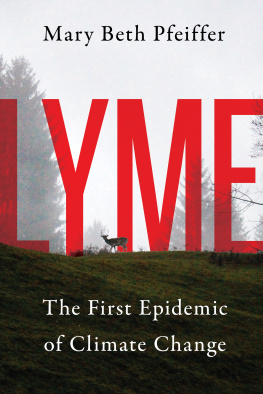The author
Bernard Raxlen BA, MD, PhD
Dr Raxlen obtained a BA in philosophy and anthropology from Stanford University. It was there he was influenced by his professor, Gregory Bateson, the noted anthropologist who introduced him to general systems theory (see ), medical ethnology and communication theory. As a result, during his medical training at the University of Toronto, Dr Raxlen worked two full summers in Quetzaltenango, Guatemala, and San Salvador, assisting medical personnel in helping native Indian people in both countries. He completed an internship at McGill Medical School Hospital Network. He then worked a full year in the emergency room of a large Toronto hospital, as well as serving as an associate medical house call doctor.
His interest in medical anthropology in underdeveloped countries took him to Belem, Brazil, and the Amazon River, where he spent a year in the Xingu River Basin. He lived with an indigenous Amazonian tribe for six months. There he studied parasitology and other tropical diseases. This resulted in a life-long interest in therapeutic herbal medicine.
He returned the following year to begin training at the University of Chicago Medical School. He received a two-year advanced fellowship in Family and Child Psychiatry. He was appointed to the faculty as a lecturer in Family and Child Psychiatry.
His practice moved to Connecticut in 1972 where he was appointed lecturer at Fairfield University and Assistant Clinical Professor in the Department of Psychiatry at Yale University. In 1975, he was appointed Director of the Childrens Service Center of Bridgeport and founded the Graduate Center for Clinical Studies at the University of Bridgeport.
After a decade of private practice (1978-1988) pioneering nutritional and integrative psychiatry/medicine, he became interested in tick-borne disease (Lyme disease) because of the chronic undiagnosed symptoms of his patients.
Dr Raxlens practice was situated in the highly Lyme endemic areas of Westchester and Fairfield counties. Over the past 15 years, he has successfully treated over 3500 cases of tick-borne disease, specializing in neuropsychiatric and neurocognitive complications. Over 90 per cent of his practice is now devoted entirely to chronic Lyme disease (CLD) and co-infections.
The diagnosis and treatment of tick-borne disease (TBD) are complicated and require not only clinical observation but also modern medical technology. This includes utilization of advanced radiology (SPECT and MRI), comprehensive neuropsychiatric evaluation (testing), serology from specialty laboratories, advanced co-infection testing (for Babesia, Bartonella and Ehrlichia/Anaplasma), sleep lab assessment and physical therapy evaluation. Presently, Dr Raxlen is one of the few family psychiatrists in the tri-state area to initiate a total comprehensive treatment program which utilizes both oral and intravenous (IV) antibiotic treatment. He also uses other treatment strategies such as neuropharmacology and stress management for:
- depression
- panic disorder
- bipolar mood disorder
- epileptiform seizure activity
- ADD
- memory loss
- sleep disorder and pre-frontal lobe deficit syndrome.
He employs nutriceutical supplements to support the patients natural immunologic healing system.
He was an original member and co-founder of AIMS (Academy for Integrated Medical Studies) and served for several years on the Board of Directors of the Omega Institute. He was a founding member of ILADS, and was elected secretary of the first board of governors of ILADS (the International Lyme and Associated Disease Society). He has been a featured speaker in more than 40 workshops over the years on topics ranging from psychiatry, drug abuse, psychoneuroimmunology and tick-borne diseases. He has been on national television (ABC, NBC, Fox) discussing the medical concerns which pertain to TBD. Dr Raxlen is featured on the Discovery Channel in the Mystery Illness discussing Lyme Disease and its diagnosis.
With:
Allie Cashel
Allie Cashel is the author of Suffering the Silence: Chronic Lyme Disease in an Age of Denial (North Atlantic Books) and is the co-founder and president of The Suffering the Silence Community, a non-profit organization dedicated to breaking the stigma surrounding chronic illness and disability. Since starting work with STS, Allie has been invited to facilitate workshops and to speak about disability, inclusion and storytelling at events around the country. She has appeared in a number of global media outlets, including Good Day NY (Fox5) and NowThis Live News, and has presented her work at a United States Congressional Forum.
Alongside her advocacy work in the illness and disability community, Allie works as a marketing and content development consultant for non-profit and mission-driven companies in the United States and Europe.
Harnessing the power of storytelling, she gives voice to individuals and organizations working to create positive change in the world. Allie graduated from Bard College in 2013 with a BA in Written Arts and lives in Burlington, Vermont.
Contributing authors
Laura Alonso Canal MD ()
Dr Laura Alonso is a Pediatrician in Madrid. She also has experience in the treatment of adults. She studied Medicine in the Complutense University of Madrid followed by two years of residency in Internal Medicine in Barcelona with an emphasis on infectious diseases. She completed the four-year specialty training in Pediatrics at the Nio Jess Hospital and has a Masters Degree in Tropical Medicine. She is devoted to the treatment of Lyme disease in its many manifestations and has a special interest in pediatric gastroenterology, performing upper and lower endoscopies in children. She searches for underlying infections in autistic children and in children with inflammatory bowel disease. Dr Alonso uses nutritional therapy for many of her patients together with antibiotic and herbal treatments. She firmly believes in the important role that underlying infections play nowadays in neurodegenerative, psychiatric and autoimmune disorders.
Jennifer Armstrong BSc, MD, DIBEM ()
Dr Jennifer Armstrong founded the Ottawa Environmental Health Clinic, in the capital of Canada in 1997 to treat environmentally ill patients. She was expecting to be treating patients made ill by the environment with chronic symptoms such as fatigue, chemical sensitivities, asthma, obesity etc, and was doing well, but eventually, as the first five years passed realized that the patients she was unable to help had tick- and other vector-borne illnesses. Utilizing techniques such as detoxification, diet, nutritional supplements and environmental adjustments along with antibiotics and herbs, her patients are generally able to attain wellness. Ottawa has become a hot spot for Lyme in Canada and there are many patients who need help. She believes that it is important to be patient-centered and diversified in how to use the available science to diagnose and treat these vector-borne illnesses and that in time the rest of the community will understand that these patients can get better and there can be help for them.

